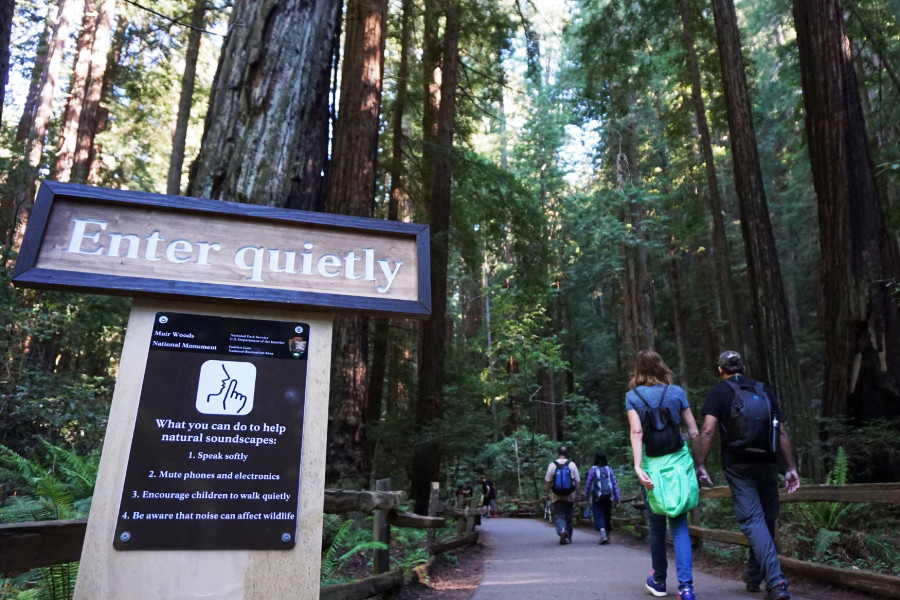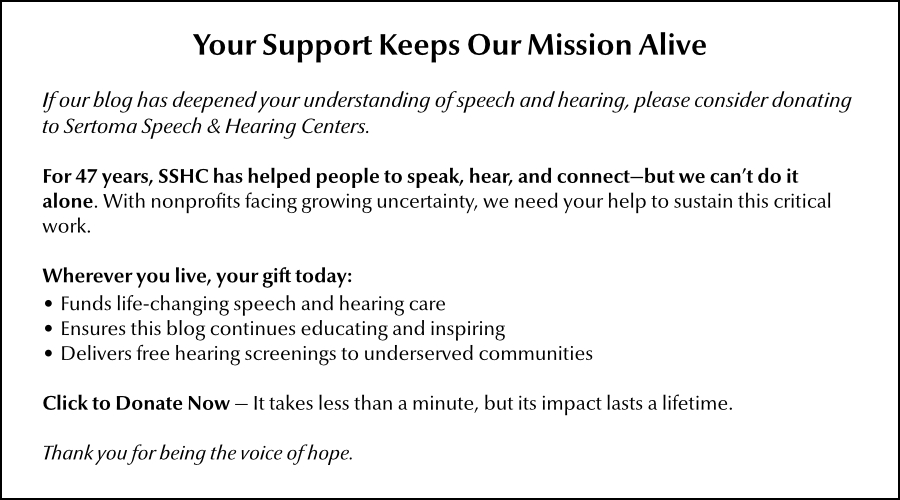Nature enthusiasts are hitting the trails in record numbers. But this surge in outdoor recreation creates an unexpected challenge: noise pollution that significantly impacts wildlife in ways we're only beginning to understand.
"When you build a trail, you change a place." — Jesse Barber, PhD, Boise State University
Why it matters
Research confirms that human recreation can severely affect wildlife, reducing species diversity, lowering reproduction rates, and decreasing survival rates among animal populations.
By the numbers
- National forests experienced an 18 million visitor increase in 2020 compared to 2019 - a 12% jump
- Bird abundance dropped 25% in natural areas when exposed to recorded car traffic sounds
- Visitation remains above pre-pandemic levels, maintaining pressure on wildlife habitats
 Visitors to Muir Woods National Monument found more birds when asked to lower their volume. Photo: Courtesy of Jesse Barber
Visitors to Muir Woods National Monument found more birds when asked to lower their volume. Photo: Courtesy of Jesse Barber
A closer look
In Wyoming, researchers at the Jackson Hole Recreation-Wildlife Co-Existence Project are studying the impacts of human-wildlife interactions.
Their research showed that migrating birds become so stressed by human-generated sounds that they struggle to gain the necessary weight for their journeys south.
The takeaway
Land managers aim to encourage visitors to support conservation through advocacy, voting, and financial contributions, rather than excluding them from natural areas.
Thoughtful compromises that reduce risks to wildlife are crucial. For example:
- Implementing seasonal trail closures during critical wildlife periods, like the Skyline Trail's spring closure for nesting birds and calving deer.
- Posting signs requesting quiet in natural areas, which has shown promising results at Muir Woods National Monument.
- Designing trail systems that balance human access with undisturbed wildlife areas.
Go deeper: Humanity’s noise is the natural world’s enemy →


